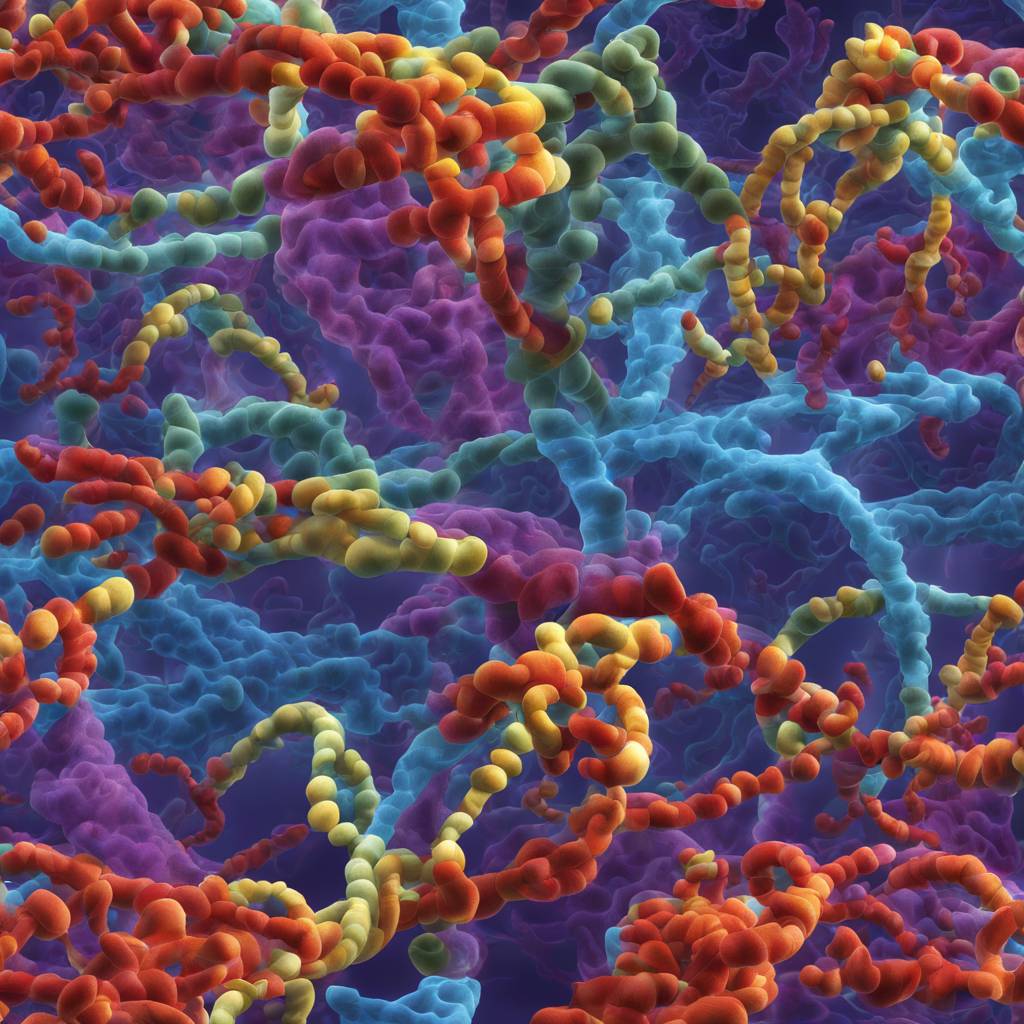Studies have shown that certain lifestyle actions can help slow down the aging process. Researchers at Northwestern University Feinberg School of Medicine have found that long genes in the body may be a main cause of aging. These genes are more susceptible to damage, which can lead to a lack of protein production that is essential for the body’s functions. This new understanding could help in developing novel ways to monitor and improve health as people age.
The study also suggests that long genes may play a role in the development of neurodegenerative diseases such as Alzheimer’s disease. The researchers have introduced a new term called gene length-dependent transcription decline (GLTD) to describe the negative correlation between gene length and their expression in various cell types, species, and diseases. This finding connects existing knowledge about aging and makes the underlying phenomenon measurable, which could aid in the development of interventions to increase the function of long genes.
The study findings could change the way doctors discuss the aging process with patients. Long, complex genes are more prone to damage, which can affect normal cellular function. Lifestyle changes such as eating a healthy diet rich in antioxidants, participating in activities that promote DNA repair like exercise and fasting, reducing stress, and avoiding harmful behaviors like smoking and excessive drinking could help reduce the impact of aging on the body.
According to neurologist Dr. Rocco DiPaola, this research helps explain the pathways that lead to aging and possible neurodegenerative disorders. Further research is needed to determine if gene length-dependent transcription decline (GLTD) is the primary mechanism of aging or if there are additional factors involved. Understanding these mechanisms could lead to new interventions to delay or prevent the development of age-related diseases, ultimately reducing the burden on patients, families, and society as a whole.
The researchers also suggest that long genes becoming less active with age could be a central cause of aging in the body. By identifying this single phenomenon that connects most existing knowledge about aging, researchers hope to find ways to measure and improve the function of long genes. This study provides new insights into the aging process and offers potential strategies for promoting healthy aging and longevity.
By understanding the importance of gene length in neurodegenerative diseases like Alzheimer’s, researchers can design more targeted experiments and interventions to increase the function of long genes. This new research sheds light on the connection between gene length in aging and neurodegenerative diseases, providing a novel approach to studying and potentially preventing age-related illnesses. The study’s findings could open up new avenues for improving health and well-being in aging populations.


